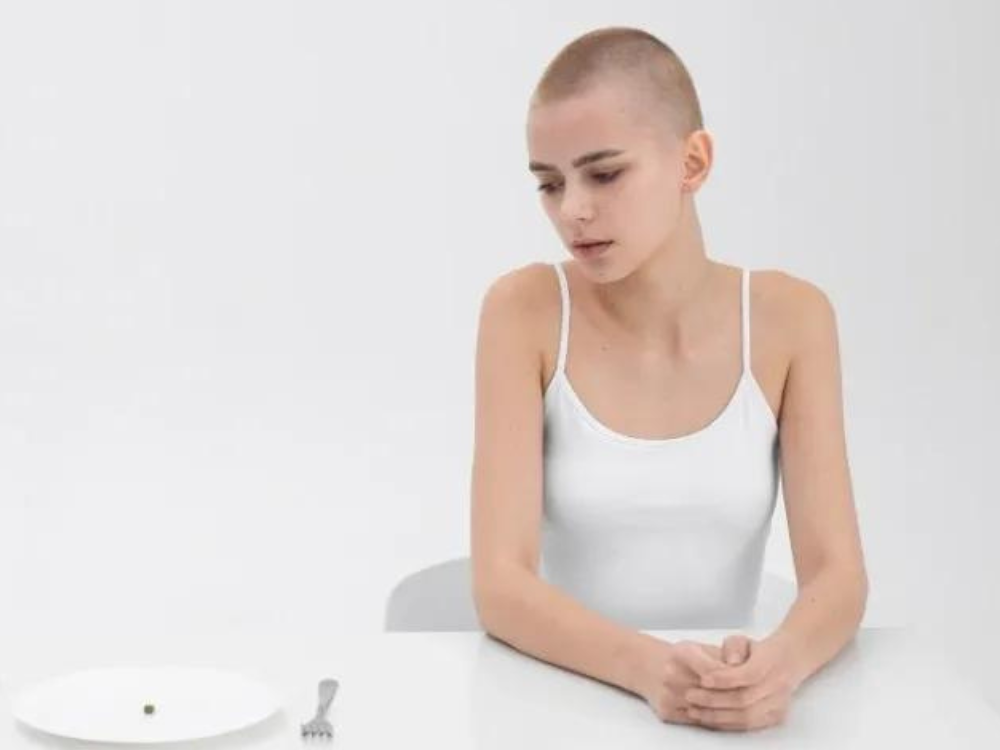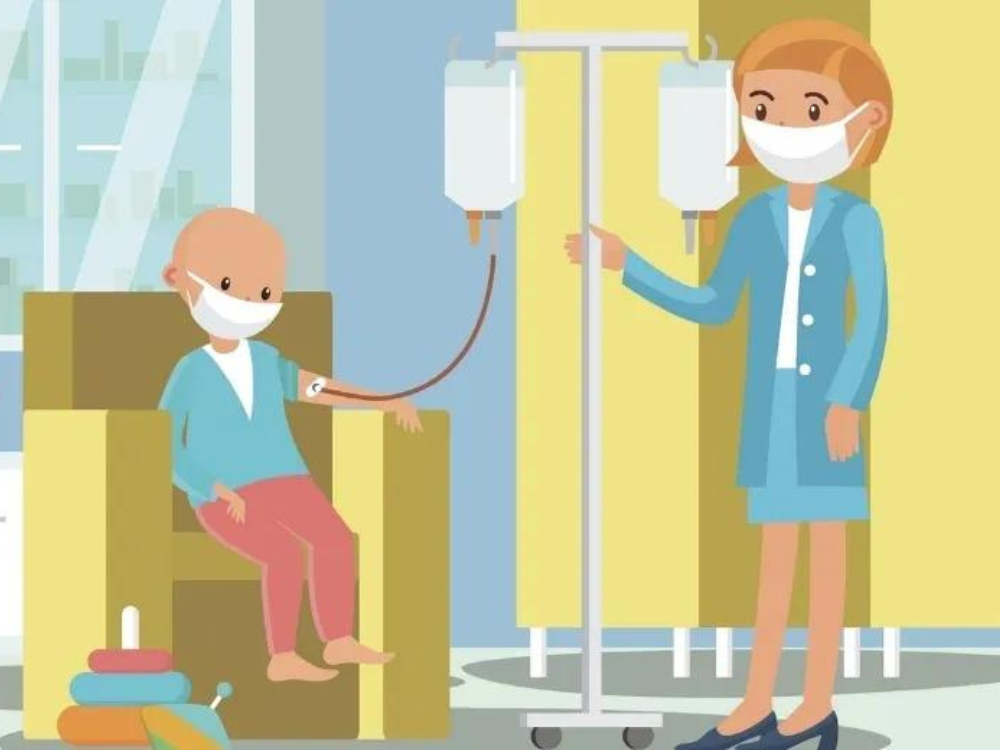
Chemotherapy is the most powerful cancer treatment against the spreading of the disease, and therefore, undoubtedly, the most recommended. But it comes with many side effects, Hair loss being one that is infamous and prevalent in many chemo treatments. It can range from mild thinning of hair and temporary hair loss to complete hair loss. That is when the chemo drugs affect the hair follicles and result in Alopecia. Let us get into more details about the causes, how they can be avoided and how to cope with it post-treatment.
Firstly, some misconceptions must be cleared up:
Not all chemotherapy causes hair loss. And in most cases it is temporary. Signs of hair loss are visible two to four weeks into the treatment if it is a side effect you are experiencing. Post treatment, they will probably start growing back after three to six weeks. To understand your condition better, talk to your doctor about the prescribed chemo and the related medications, whether or not and to what extent will your hair be affected. The new hair that grows back might be of a different quality, color, texture and volume which are, again, temporary changes.
What is Alopecia?
Alopecia is the medical term for hair loss. As a part of chemotherapy, a targeted area gets affected and it can cause damage to healthy cells that help give structure and growth to hair. Initially, it happens in small patches but gradually, they connect to become noticeable sections. Alopecia, also, doesn’t just involve head hair loss but hair anywhere on the body. It could be eyebrows, eyelashes or those on limbs.

Treatment and Care:
Hair loss not only affects a person’s physical appearance but also challenges them emotionally. As a prominent part of chemotherapy’s side effects, it is important to take care of this with your doctor under ‘Palliative Care’. Following are some medical treatments for hair loss:
● Cold cap therapy
During chemotherapy infusions, wearing a cooling cap can help slow down the flow of blood to your head by making the blood vessels under the skin narrower. This is known to reduce the amount of chemo drugs that reaches your scalp and damages the follicles. It is also called scalp cryotherapy.
This therapy does not give a 100% assurance of hair growth for everyone. People with certain medical conditions cannot get this therapy. It is also not suitable for some types of cancers like leukemia and lymphoma. Longer periods of chemo or radiotherapy follow-ups also make it unsuitable to have scalp cooling.
● Medications
Over-the-counter medications like Minoxidil, Aldactone, and Propecia can also help with the thinning of hair and even regrowth after complete hair loss.
Besides this, you must also take personal care of your hair. Following are some tips:
● Hair and Scalp during treatment
They need to be treated gently continuously and regularly. You must avoid using harsh washing products and lessen the number of hair washes. Both scalp and hair should be protected from heat, may it be from sun or styling devices like blow-dryers. Hair dyeing must also be avoided.

● New hair post treatment
As the new growth will be more sensitive, thinner and can be damaged very easily. The same steps as above should be followed. Massage your scalp gently to remove the dry and dead skin. Instead of using washing products for itching and dryness, oil and moisturizers are preferable. Use soft baby brushes and shampoos. Also, try to keep your head covered with a scarf whenever outside.

In case your hair does not grow back after a few months of chemotherapy, wigs and head covering are always a good option if you feel self-conscious. They also help in keeping your head protected from sun and heat. Some health insurance plans also cover the cost of wigs. Hair loss is difficult to cope with emotionally as well. Support groups, in both online and offline modes, are a great help since you are able to discuss your feelings and challenges with others who are in a similar situation. Hair loss is an expected but treatable side effect. You can choose how to handle it in various ways, whatever seems best for you.




